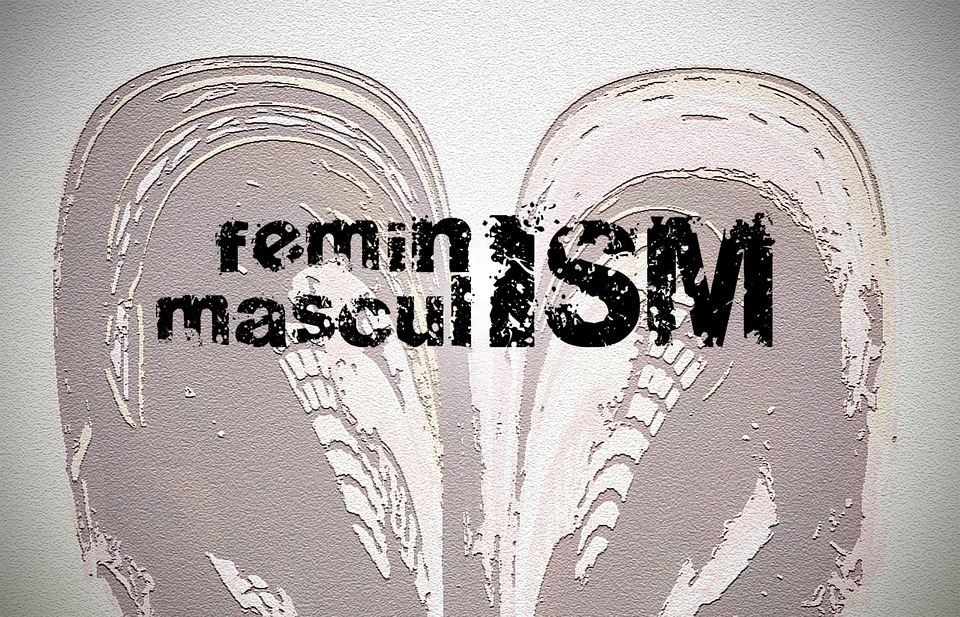This is not an article on why people across the world are not feminists. That is a completely different debate which can involve culture, political orientation and a wealth of other reasons which I am in no position to argue. This is an article as to why some men, who hold largely feminist views and believe in equality, avoid calling themselves feminists. Since the Oxford definition is ‘the equality of the sexes based on the promotion of women’s rights’, surely everyone who supports women and equality, is a feminist?
To help myself understand this question, I asked some of my male friends why they wouldn’t call themselves feminists. The first argument followed the line: ‘I support women’s rights but feminists are too aggressive’. To a degree, I can understand why some people may have this idea, although I do think it comes from a lack of awareness. When the feminist movement first began getting publicity, some of the protests which took place were aggressive, violent or dangerous. The problem I have with this argument is that a) more recent feminist protests are far more passive and the movement has learnt from various mistakes, and b) although I am not condoning it, some level of aggression or seemingly ‘unnecessary’ behaviour, was necessary in order to ensure that feminist voices were heard. Many critics during the first waves of feminism promoted this rhetoric of ‘violent women’ in order to dissuade people from joining the movement. This argument stems from a fear of being associated with an extreme organisation, something which feminism as an idea is not. With a little bit of reading and knowledge about feminism as an ideology and not simply the behaviour of a few individuals, it is easy to see feminism as an ideology not an extreme organisation.
Feminism is more openly talked about by girls and therefore better understood
The second argument came as more of a surprise. My housemate told me that while he believed in equality, he didn’t like to call himself a feminist because “it focused on women and instead should simply be called ‘equality’”. To be honest, in some way I agree with him. BUT, we also do not have a word for ‘equality of races based on the promotion minority rights’ or ‘equality of sexual orientation based on the promotion of non-heterosexual rights’? The word ‘feminism’ therefore is hardly evidence of female privilege. I do think that it is necessary to have the word feminism in order to focus the efforts of equality. It is unfortunate that there is not a single direct word for marginalised groups, but it is neither women nor feminists who are directly to blame for this and therefore they should not be penalised for it.
When having these conversations with my friends I found myself getting frustrated, as their arguments weren’t inherently wrong, just based on a lack of awareness. I think that we, as feminists, should respond to comments of “I’m not a feminist because …” with understanding. I’m not saying you owe a sexist person anything, (please feel free to run away ASAP) but I am saying that one way to tackle any kind of marginalisation of people is to openly discuss it, to normalise and universalise the topic through education.
It is important to note that many of these arguments could easily come from women as well. In my experience, the only reason the majority of my female friends call themselves feminists, is that feminism is more openly talked about by girls and therefore better understood. Campaigns from celebrities, Politicians and activists have helped in educating people on the exact definition of being a feminist and what it entails. Once people hold the simple view that feminism is about equality, it is probable that more men will be proud to call themselves feminists.
Pip Jackson

